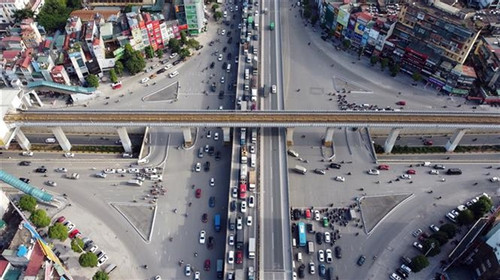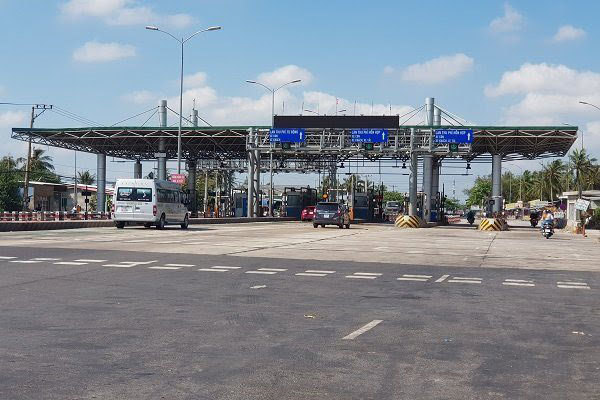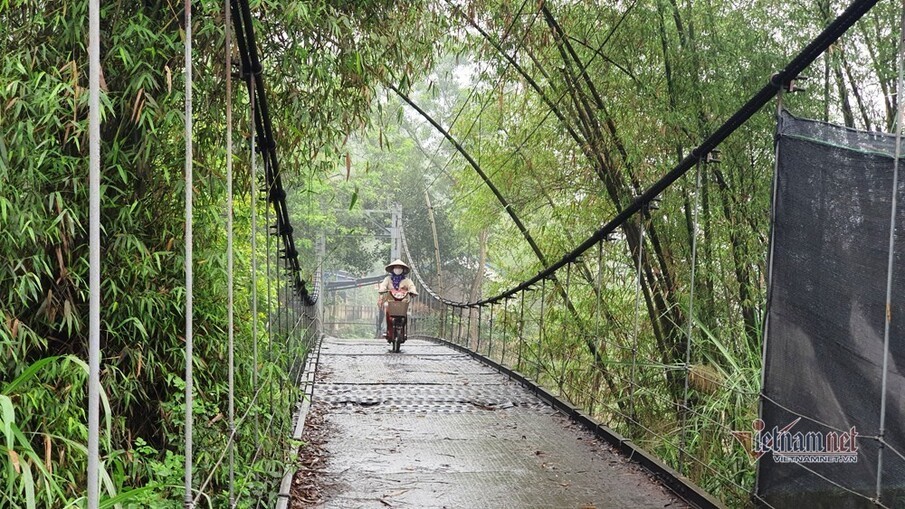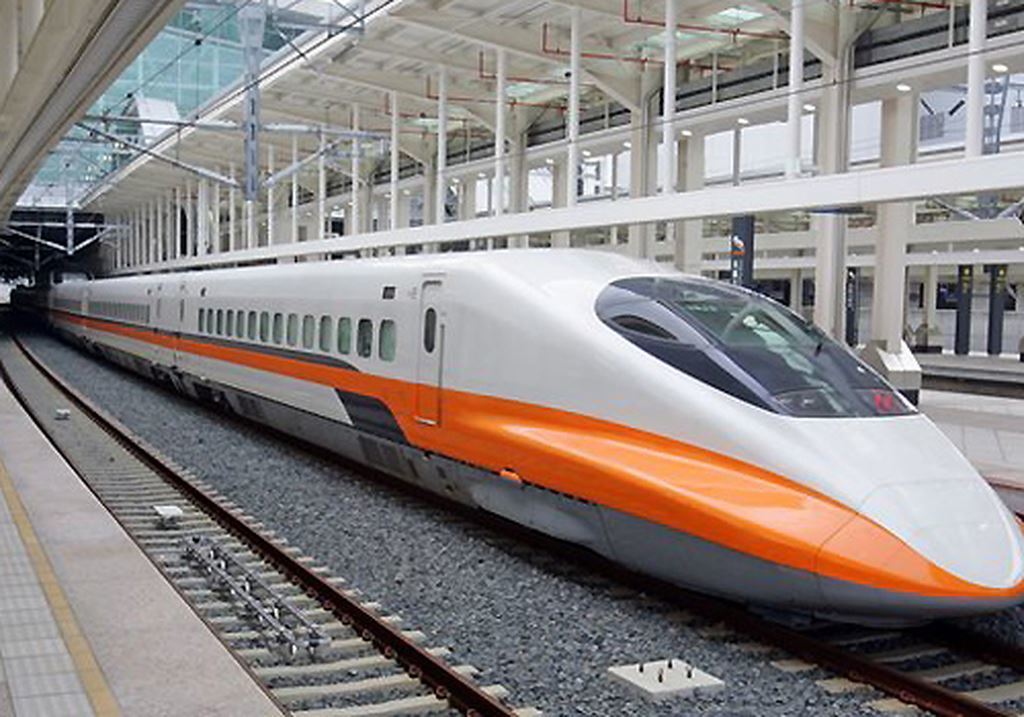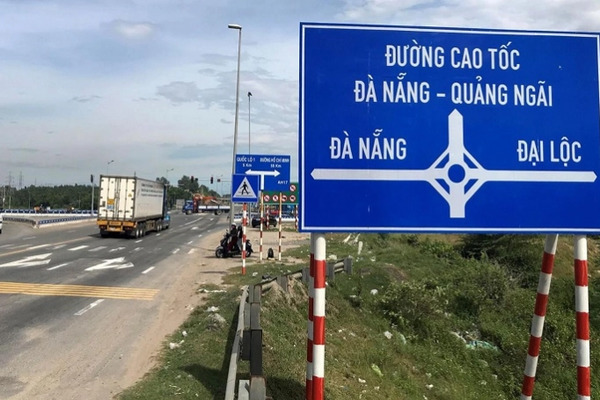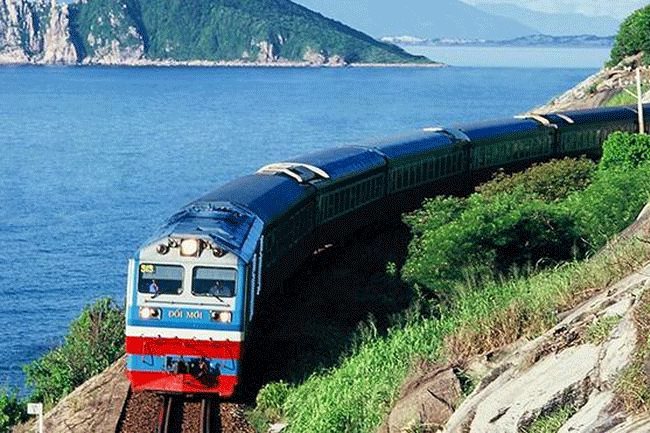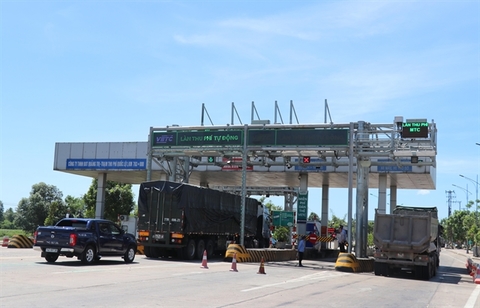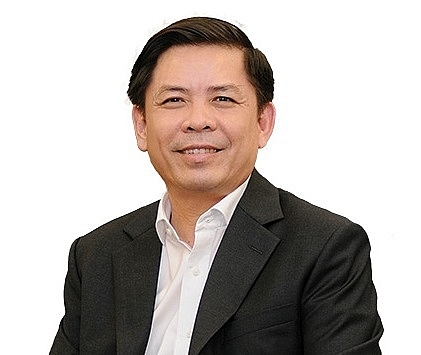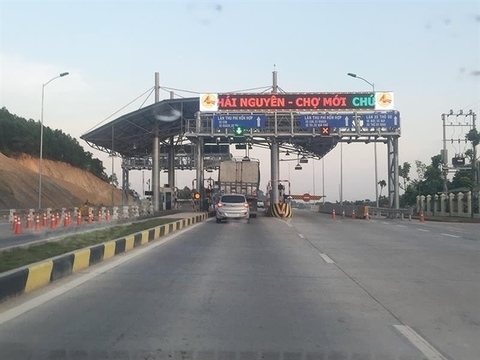- © Copyright of Vietnamnet Global.
- Tel: 024 3772 7988 Fax: (024) 37722734
- Email: evnn@vietnamnet.vn
BOT
Update news BOT
Experts urge caution in early land investments based on infrastructure plans
Businesses and individuals seeking to profit from land and property investments in areas near infrastructure projects have been warned about the risks of committing before the full project details become clear.
BOT investors face debt, heavy losses for massive loans
Build-operate-transfer (BOT) investors are falling into a debt trap and incurring heavy losses due to a decline in the toll fee collection,
82-year-old woman retires from running bridge toll-collection in Thai Nguyen
On April 1, Dat Ma, a cable-stay bridge in the northern province of Thai Nguyen, was opened to traffic for free after 15 years of toll collection.
High-speed railway to compete with airlines
Developing a high-speed highway is a matter of special public concern. Under the 2021-2030 draft railway development plan, Vietnam’s railway would undertake the transport of 16.5 million tons of cargo and 30.9 million passengers by 2030.
Foreigners disappear before violations at huge project are exposed
Regarding the wrongdoing at the VND34 trillion Da Nang – Quang Ngai Expressway project, many foreigners left for their home countries before the case was prosecuted.
Transport economics to drive Vietnam’s urban development
Transport projects are expected to improve overall accessibility and reduce transportation costs, in turn increase economic productivity and development.
Smaller investment proposed for HCMC-Can Tho railway project
The Southern Institute of Science and Technology has submitted a new plan for the HCMC-Can Tho railway project to the Ministry of Transport, proposing reducing the investment in the project by US$200 million.
Non-stop toll collection on schedule: deputy minister
Deputy Minister of Transport Le Dinh Tho talks about electronic toll collection (ETC) at build-operate-transfer (BOT) tollbooths.
What's the real cost of the North-South Expressway?
 The estimated cost of the North-South Expressway in 2018 was VND16 trillion lower than the initial estimate made in 2017 when the National Assembly decided to develop the project.
The estimated cost of the North-South Expressway in 2018 was VND16 trillion lower than the initial estimate made in 2017 when the National Assembly decided to develop the project.
Full-scale audit compulsory to all PPP projects: NA deputies
 A full-scale audit should become compulsory for work carried out under public-private partnerships to make sure they are efficient and benefit all stakeholders, lawmakers have told the National Assembly.
A full-scale audit should become compulsory for work carried out under public-private partnerships to make sure they are efficient and benefit all stakeholders, lawmakers have told the National Assembly.
BOT toll fee hike to increase costs for VN logistics firms
 The Ministry of Transport’s (MOT) proposal to increase the BOT toll fees has faced strong opposition from logistics firms.
The Ministry of Transport’s (MOT) proposal to increase the BOT toll fees has faced strong opposition from logistics firms.
Private investors see risks in transport infrastructure projects
 Regulatory risks are the biggest barrier to attracting private investors to the infrastructure sector.
Regulatory risks are the biggest barrier to attracting private investors to the infrastructure sector.
Unreasonable policy keeps private investors away from railway projects
 Many private investors say they want to develop railway projects but have given up because of certain policies.
Many private investors say they want to develop railway projects but have given up because of certain policies.
Ample opportunities for infrastructure investors
 The transport sector could make a breakthrough in investment mobilisation for national key projects this year.
The transport sector could make a breakthrough in investment mobilisation for national key projects this year.
Infrastructure developers await law on PPP
 The National Assembly is working on an investment law on public-private partnerships (PPP) which investors hope will settle legal conflicts.
The National Assembly is working on an investment law on public-private partnerships (PPP) which investors hope will settle legal conflicts.
What do foreign investors worry about when investing in VN infrastructure projects?
 There are three problems which may make foreign investors shrink when considering investment in transport infrastructure projects in Vietnam.
There are three problems which may make foreign investors shrink when considering investment in transport infrastructure projects in Vietnam.
Railway projects proceed slowly, Transport Ministry goes ahead with new projects
 Urban railway projects have been proceeding slowly and investment capital has become many times higher than initially estimated.
Urban railway projects have been proceeding slowly and investment capital has become many times higher than initially estimated.
PPPs take on South Korean flavour
 With Vietnam as a focus of President Moon Jae-in’s New Southern Policy, South Korea is supporting the country’s development of the legal framework on public-private partnership investment.
With Vietnam as a focus of President Moon Jae-in’s New Southern Policy, South Korea is supporting the country’s development of the legal framework on public-private partnership investment.
Bank loans to BOT, BT infrastructure projects in Vietnam worth $4.72 billion
 Bank loans for build-operate-transfer (BOT) and build-transfer (BT) infrastructure projects by the end of September this year reached nearly VND110 trillion (US$4.72 billion), up 1.85 per cent against the end of 2018.
Bank loans for build-operate-transfer (BOT) and build-transfer (BT) infrastructure projects by the end of September this year reached nearly VND110 trillion (US$4.72 billion), up 1.85 per cent against the end of 2018.
Financing for BOT projects in Vietnam on ice
 Vietnam has closed its doors to international investors joining the Eastern Cluster of the North-South Expressway initiative, catering to domestic groups only.
Vietnam has closed its doors to international investors joining the Eastern Cluster of the North-South Expressway initiative, catering to domestic groups only.
